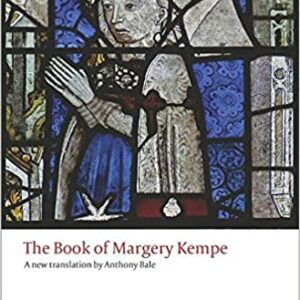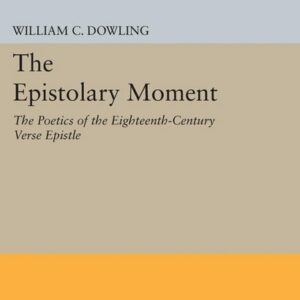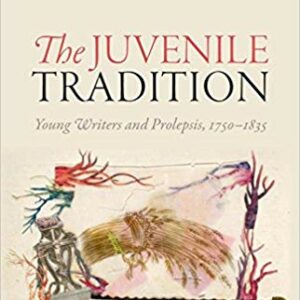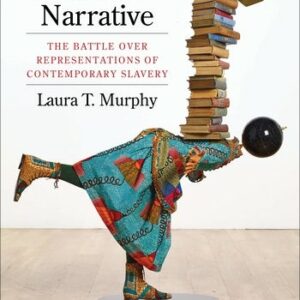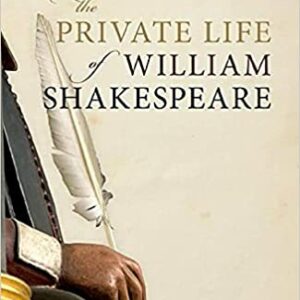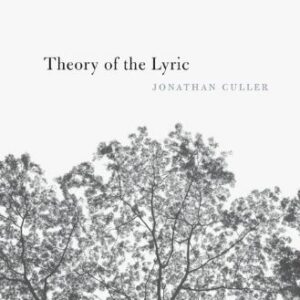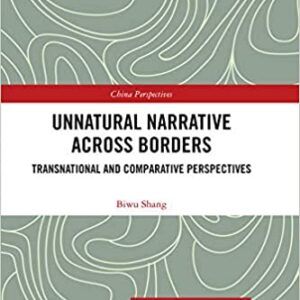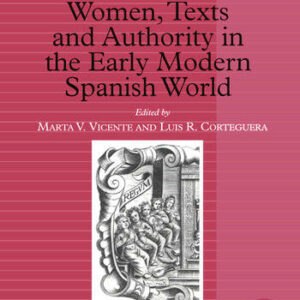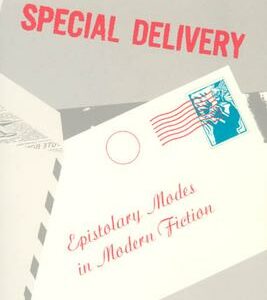
Special Delivery: Epistolary Modes in Modern Fiction
By Linda S. Kauffman (NHC Fellow, 1983–84) Though letter writing is almost a lost art, twentieth-century writers have mimed the epistolary mode as a means of reevaluating the theme of love. In Special Delivery, Linda S. Kauffman places the narrative treatment of love in historical context, showing how politics, economics, and commodity culture have shaped the … Continued
